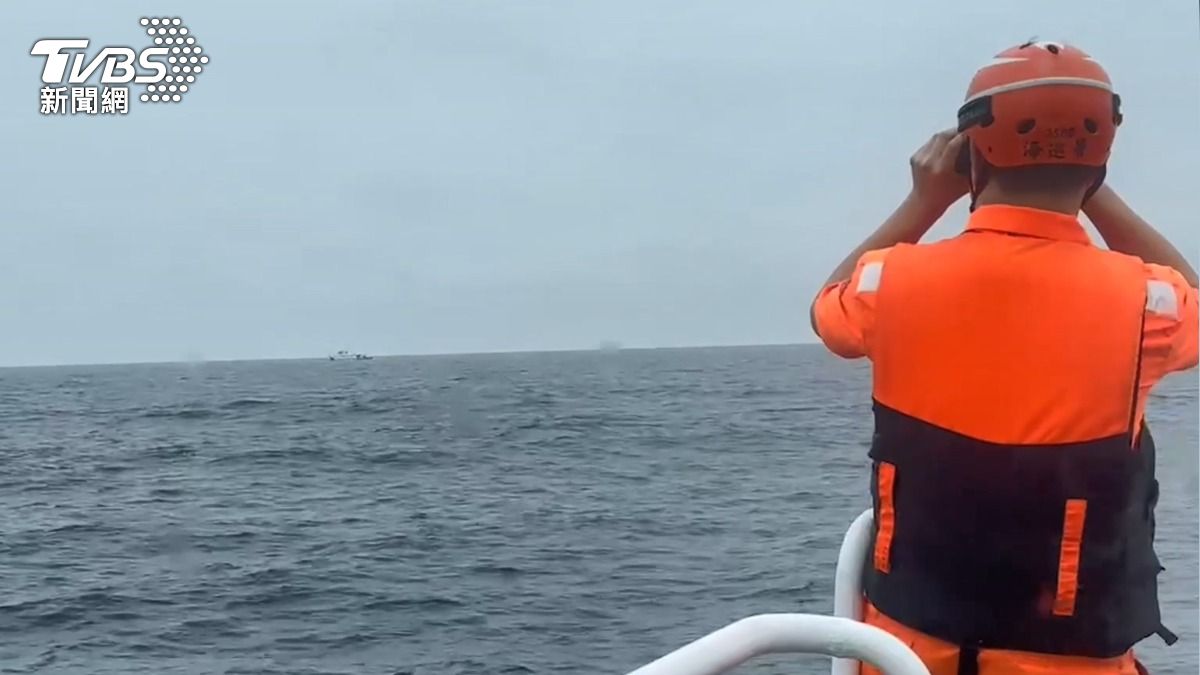TAIPEI (TVBS News) — Su Tzu-Yun, a research fellow and director at Taiwan's Institute for National Defense and Security Research (INDSR) remarked that China's military exercises occurring on Thursday (May 23) is notably shorter than previous drills in 2022 and 2023, lasting only 48 hours and characterized as a "flash" exercise.
In a significant development, the People's Liberation Army (PLA) has initiated a military exercise named Joint Sword 2024A, aimed at demonstrating its capability to blockade Taiwan just days after President Lai Ching-te's inauguration.
Su highlighted that the scope of Joint Sword 2024A encompasses areas around Kinmen (金門), Matsu (馬祖), and the waters surrounding Taiwan. Notably, the exercise does not include live-fire components, as the areas for potential live ammunition were not disclosed.
This move indicates a strategic decision to avoid escalating tensions in the region, he believes.
Experts assess that the exercise aims to showcase the PLA's blockade capabilities over Taiwan within a brief period, thereby minimizing regional tensions and potential international backlash. This approach aligns with the Chinese Communist Party's (CCP) strategy of prioritizing political objectives over military actions.
The exercise carries significant political implications, underscoring the PLA's ability to enforce a blockade on Taiwan. By conducting a shorter, non-live-fire drill, the CCP demonstrates a nuanced approach to military posturing, balancing between showcasing strength and mitigating the risk of escalating tensions. This development signals a strategic shift in the PLA's approach to Taiwan, emphasizing rapid deployment and political messaging over extended military engagements.
As the region and the international community closely monitor the outcomes of Joint Sword 2024A, the implications for cross-strait relations and regional stability remain a focal point of analysis. The strategic choices made by the PLA in this exercise may set the tone for future interactions in the Taiwan Strait.











